Whether you’re an advanced rider or making your first foray into the sport, choosing the right snowboard can be a challenge. Snowboarding technology has been steadily progressing for decades now, and the number of board variations has increased exponentially, so learning which technologies suit you will help you get out of your comfort zone and improve your skills.
Consider your skill level, preferred terrain and riding style first and foremost. Once you understand these aspects of your approach to snowboarding, choosing the right size, camber profile and shape will become easier.
Skill level
If you’re an advanced rider, taking stock of your skills will help you find a board that pushes your boundaries in a specific area, such as backcountry or powder riding. If you’re a beginner, choosing a board that suits your level will help you progress faster. Beginners will benefit from picking a board with:
Common conditions & Riding Style
Consider the conditions you normally ride in, and what your style is before deciding the specific sizing and shape of your board. If you typically ride in steep, deep powder, we recommend choosing something on the taller end of your personal size range. You may also want to consider a directional snowboard, with the bindings set closer to the tail, which are easier to ride in powder. Similarly, if you like to shred groomers, choosing something long and stiff will give you stability at high speeds and through turns. On the other hand, if you like freestyle riding in the terrain park, something small and flexible will help you maneuver and spin on the snow and in the air. Lastly, if you’re a dedicated all-mountain rider, a mid-sized board with a medium flex rating and a camber-rocker hybrid profile will allow you to tackle a variety of terrain with confidence. Once you’ve taken stock of your style and preferred terrain, you can start narrowing down your options by looking at the manufacturer provided terrain designations, such as all-mountain, freestyle or powder.
Board length
Now that you’ve considered your skill level, riding style and preferred conditions, you’re ready to choose your size. Your height ultimately determines the specific parameters of your personal size range. The best way to discern your personal size range is by measuring the distance from the floor to the bottom of your chin and then from the floor to your nose. These distances, in centimeters, represent the suggested minimum and maximum height of your board. Consider your skill level, preferred terrain and riding style when deciding whether you should be closer to the top or bottom of your personal size range.
Board width
Thankfully, choosing your board width is quite simple: You want your toes and heel to slightly hang over the board’s edge so you can efficiently apply pressure, but not too much overhang, which will cause you to lose your edge-hold. If you use large, or extra-large sized bindings, you may want to consider a wide model snowboard.
Board profile
The board profile describes how the bottom of the board comes into contact with the snow. There are four main types of snowboard profile: "flat", "camber", "rocker" and "hybrid".
- A "flat" profile offers better edge-hold than rocker and greater maneuverability than camber, but is also the simplest of the three.
- A “camber” profile involves an upward curve between the bindings. Camber profiles provide enhanced pop and excellent edgehold, but require precise turn initiation and edge-control, making them harder to ride.
- A “rocker” profile, also known as “reverse camber,” is curved upwards at the tip and tail, which lends the board increased float in deep snow and reduces the likelihood of catching an edge.
- "Hybrids" are a combination of any of the previous three. Many advanced snowboards contain multiple profile shapes, which means you may not have to make any sacrifices when choosing your next profile.
Board flex
All snowboards are given a flex rating of 1-10, with 1 being the softest and 10 being the stiffest. Generally, softer boards are easier to maneuver, more forgiving and preferred by freestyle riders. Stiff boards on the other hand require more power to maneuver, but transfer that power more effectively, and provide a more precise, stable ride. If you’re a beginner or intermediate snowboarder, we recommend sticking with a soft or medium flex snowboard. If you’re more advanced, you may want to consider a stiffer board that will allow you to ride faster and harder in the backcountry and on groomers.
Board shape
Snowboards come in a variety of shapes. The most common shape is the true-twin, which is entirely symmetrical at the nose and tail. True-twin shapes are great for all-mountain riders, beginners and anyone who wants to be able to ride in both directions. Another common shape is directional, which means that the bindings are set closer to the tail. Directional boards tend to be wider in the nose and stiffer in the tail, which is ideal for powder and maintaining stability at high speeds. You may also come across entirely asymmetrical boards, which often provide a longer toe-side edge, for easier riding and a surf-like feel. Lastly, if you’re looking to improve your backcountry and tree riding abilities, you might want to consider a volume shifted snowboard. Volume shifted snowboards are quite short in the tail and wide at the nose, making them highly maneuverable in deep powder or in the woods.
The bottom line
Even with all the information, choosing the right snowboard can be difficult. When you’re shopping for your next deck, remember that the most important things to consider are your skill level, the terrain you ride and the way you like to ride. A slight variation in size, profile or stiffness won’t make or break your board. As long as the board fits your skill level, you will be able to improve your skills and explore new terrain.
"right" - Google News
February 09, 2022 at 07:00AM
https://ift.tt/LWdQHor
How to choose the right snowboard - SFGate
"right" - Google News
https://ift.tt/dniBLMZ
Bagikan Berita Ini
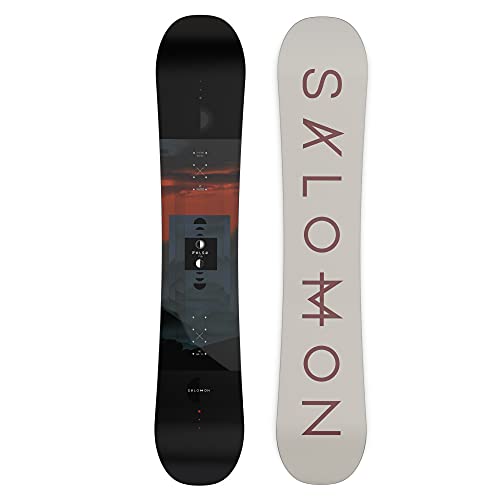
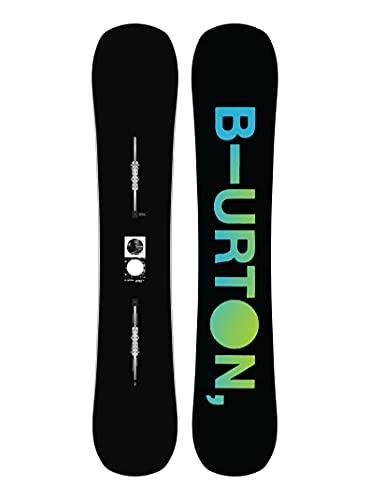
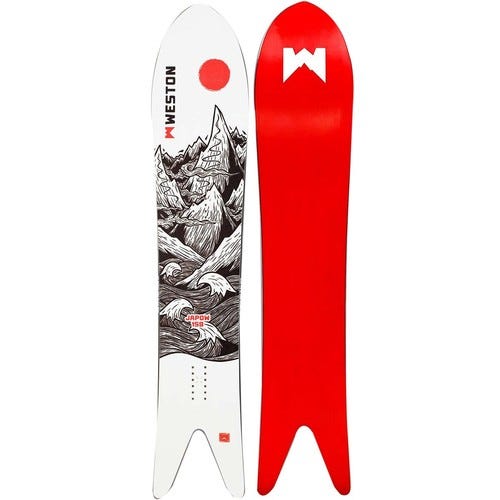
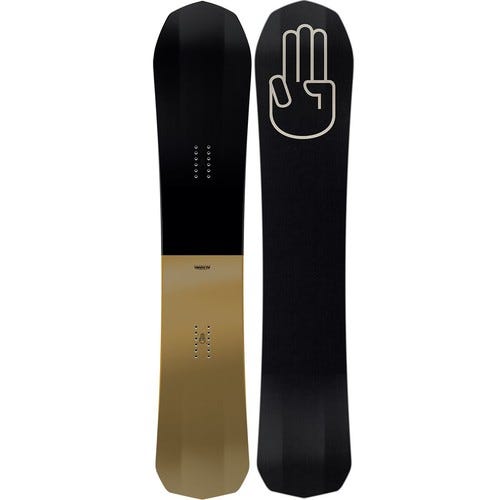
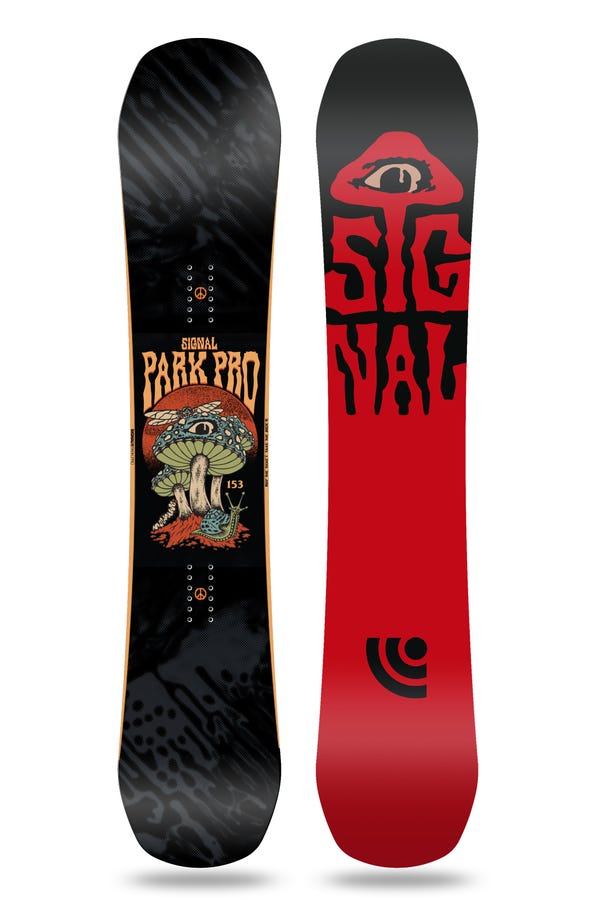
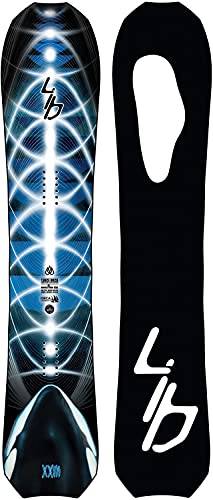
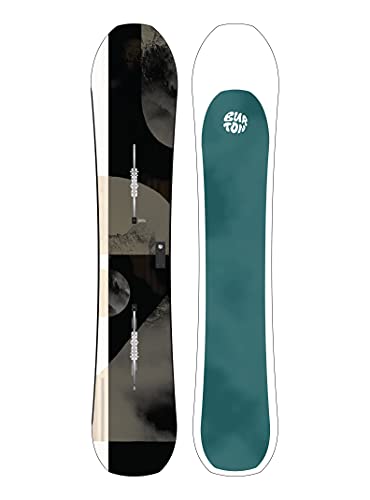
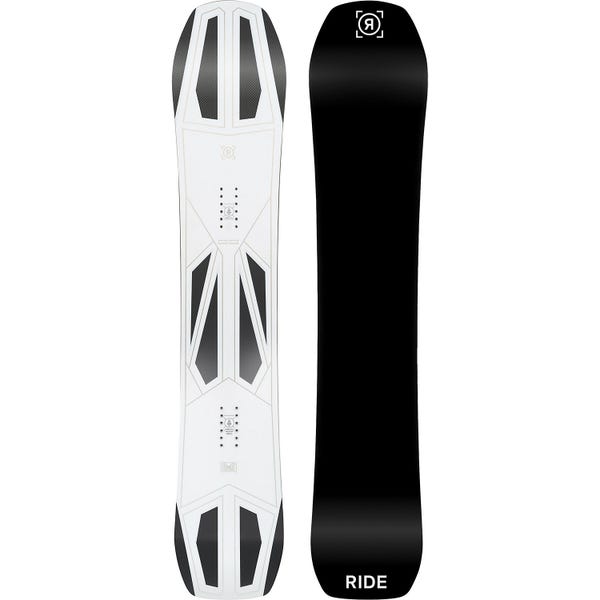
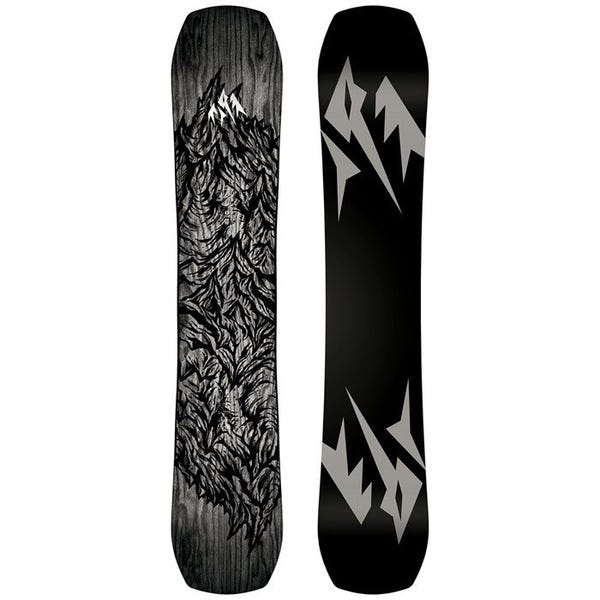














0 Response to "How to choose the right snowboard - SFGate"
Post a Comment